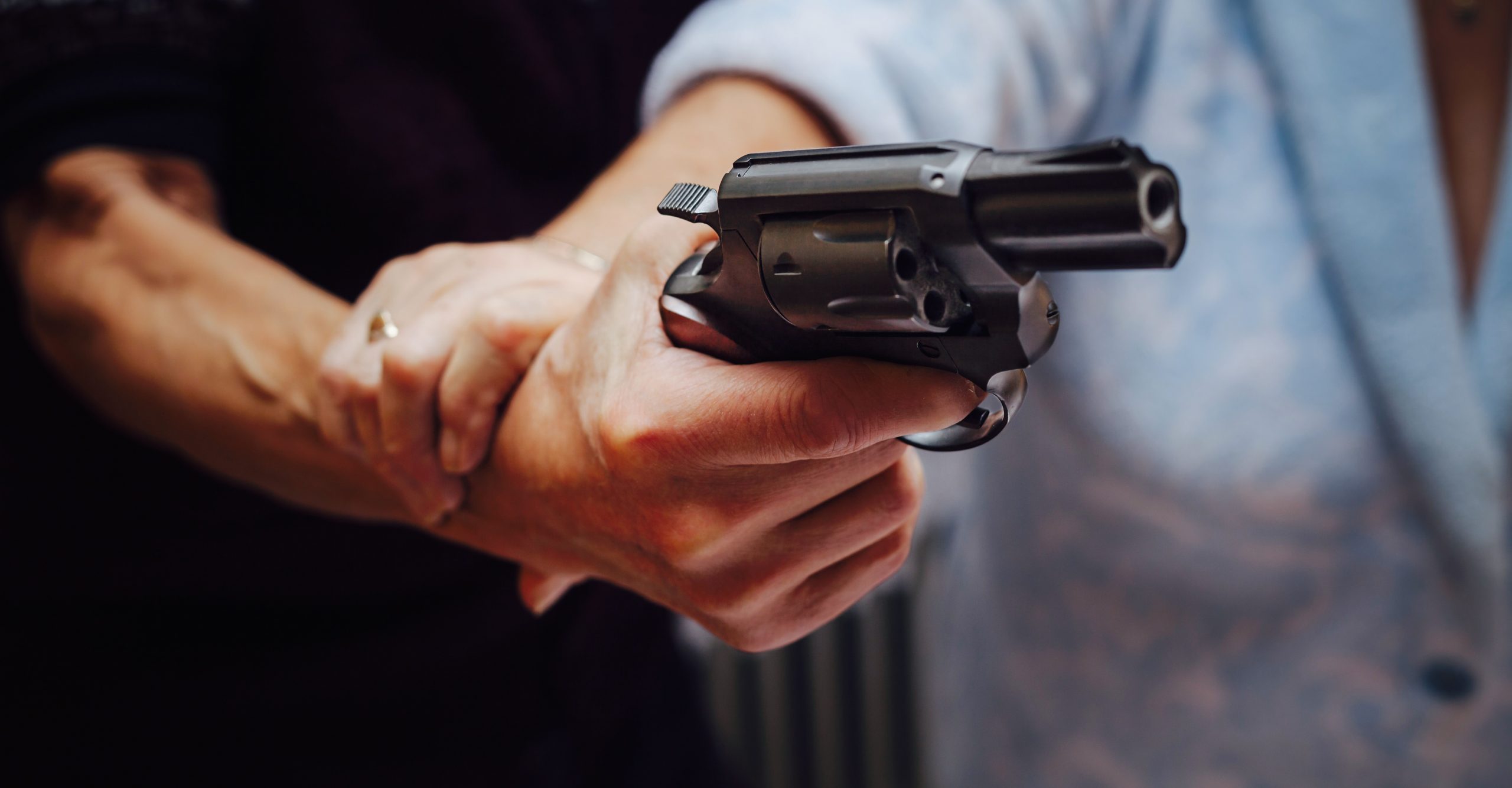Hello, Bulletin readers. Long before the Trump administration’s harsh treatment of migrant families caused an international outcry, Trace contributor Timothy McLaughlin began looking into a dark irony of U.S. refugee resettlement policy: cost constraints can mean that people fleeing violence in their homelands wind up placed in American neighborhoods with gun violence rates on a par with the places from which they escaped. McLaughlin spoke with some of those refugees for a feature we are co-publishing today with the Milwaukee Journal Sentinel. His powerful story, and more, in your mid-week briefing.
Receive this daily news briefing by email every morning. Sign up here.
WHAT TO KNOW TODAY
The financial costs of the Las Vegas mass shooting continue to mount. The Justice Department on Monday gave the city $2 million to help cover overtime expenses for law enforcement. The $1 million it gave the city last year wasn’t enough.
People with dementia have used guns to kill themselves or others dozens of times in the last six years, a Kaiser Health News analysis has found. Government survey data suggests that tens of thousands of people with cognitive decline have firearms in their homes. Federal law prohibits people with advanced dementia from owning firearms, but there is no system in place to evaluate gun owners’ competency as they age. Related: Of the 11 states with red flag laws, only five of them allow citizens to initiate gun-seizure requests when they believe a loved one may be at risk.
The majority of Texas voters want more gun regulation. That’s according to a new poll from the University of Texas and the Texas Tribune. Fifty-one percent of respondents said that gun laws should be stricter. Texans’ support of the National Rifle Association has also declined following the mass shootings in Sutherland Springs and Santa Fe. Just 41 percent said they hold a favorable impression of the NRA, compared to 48 percent in November 2015.
Ohio lawmakers delayed voting on a “Stand Your Ground” bill. The measure, which would eliminate the “duty to retreat” in self-defense shootings (a separate provision would also prevent local governments from passing stricter gun laws) was expected to pass the state House on Wednesday. Instead, lawmakers delayed the vote until after their summer recess. The measure has faced opposition from gun reform advocates as well as Republican Governor John Kasich, who has vowed a veto. In the meantime, Ohio Republicans have stalled the gun reform efforts Kasich supports, resulting in a stalemate over new firearms legislation.
Activists will shut down a Chicago expressway to protest gun violence. The July 7 event is being organized by ChicagoStrong, a student-led anti-gun violence coalition. Protesters will carry a banner with a list of demands, including gun reform, economic development, jobs, and education. In a Facebook post, a local faith leader, Father Michael Pfleger, wrote, “We will disrupt the flow of traffic because gun violence has disrupted the lives of thousands of Chicagoans.”
A school security bill heads to the governor’s desk in New Jersey. On Monday, state lawmakers approved Alyssa’s Law, named for Parkland victim Alyssa Alhadeff, who lived in New Jersey for four years with her family. The bill would mandate the installation of silent panic alarms in public K-12 schools across the state. “I am not suggesting this will stop all security threats, but coupled with security measures already in place, it can increase the chances of diffusing a bad situation without further harm to students and staff,” one of the bill’s sponsors said.
Police in Utah are tapping a high-tech database to help solve gun crimes. On Monday, state officials announced the creation of a new crime intelligence center. It will use National Integrated Ballistics Information Network (NIBIN), a federal database that helps match bullets and shell casings to the weapons they came from, producing leads that can result in catching shooters. The database has been available since 1999, but has yet to catch on with many police departments.
A child fired a gun after finding it in a furniture store. On Monday afternoon, a customer at an IKEA store in Indiana was testing out a couch when a gun slipped from his pants and lodged between the cushions. A child later found the gun and fired a single shot. No one was injured. Analysis: On average, a child uses a gun to injure or kill someone every other day in the United States, a 2016 report by The Trace found.
NEW FROM THE TRACE
Seeking peace in American cities, refugees wind up facing the threat of gun violence. Jay Ro and his family of seven came to the United States in 2011 to escape persecution in Myanmar. Four years later, he was shot to death in a home invasion.
Because the State Department’s relocation budget emphasizes low housing costs over safety, refugees are often settled in high-crime areas like the Milwaukee neighborhood where Jay Ro was murdered. Trace contributor Tim McLaughlin spoke to some of them, including Jay Ro’s family, about their hopes for life as Americans, and what they found instead.
McLaughlin’s story, co-published today with the Milwaukee Journal Sentinel, was supported by the Dart Center for Journalism and Trauma. Read the feature here.

